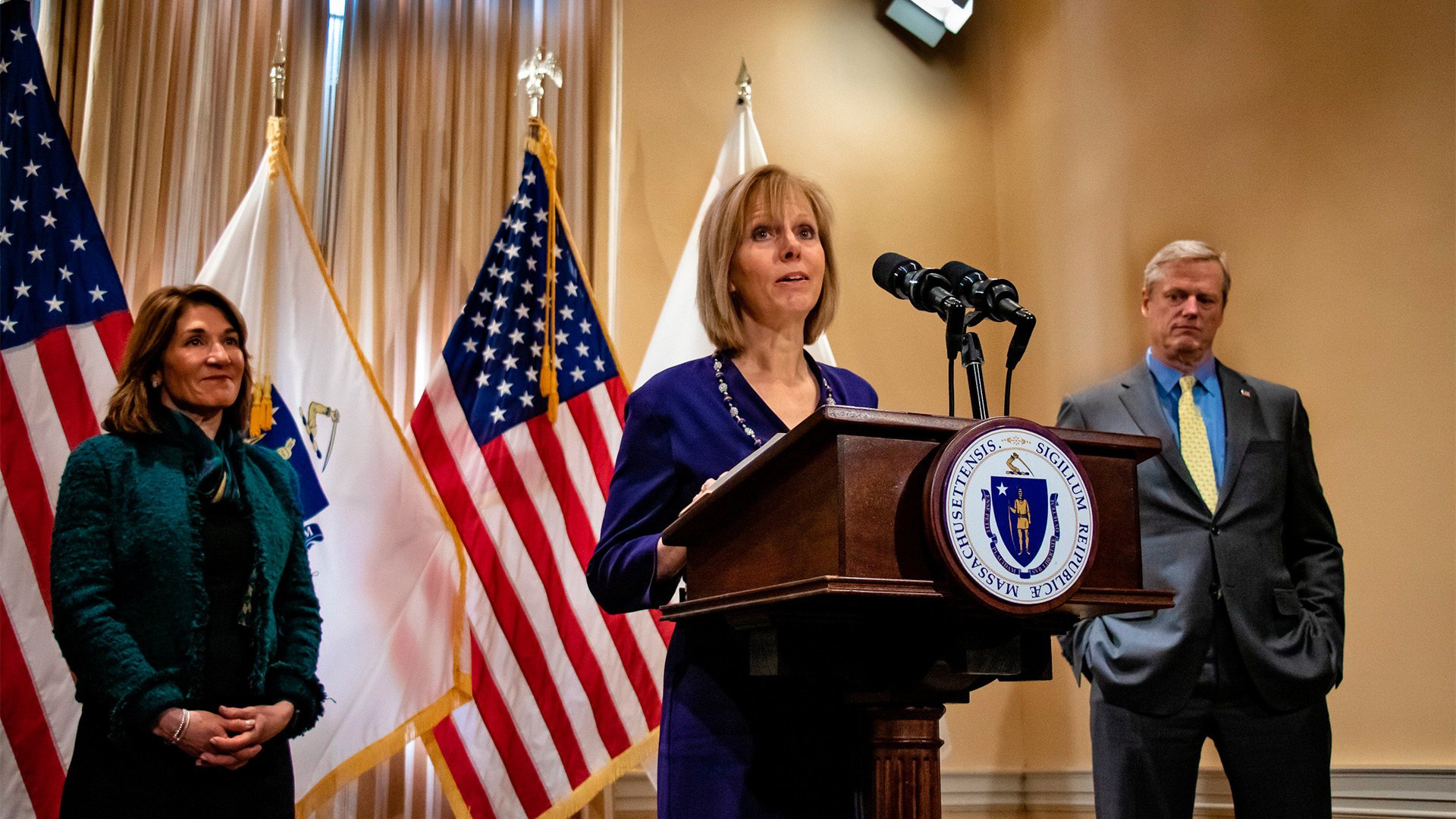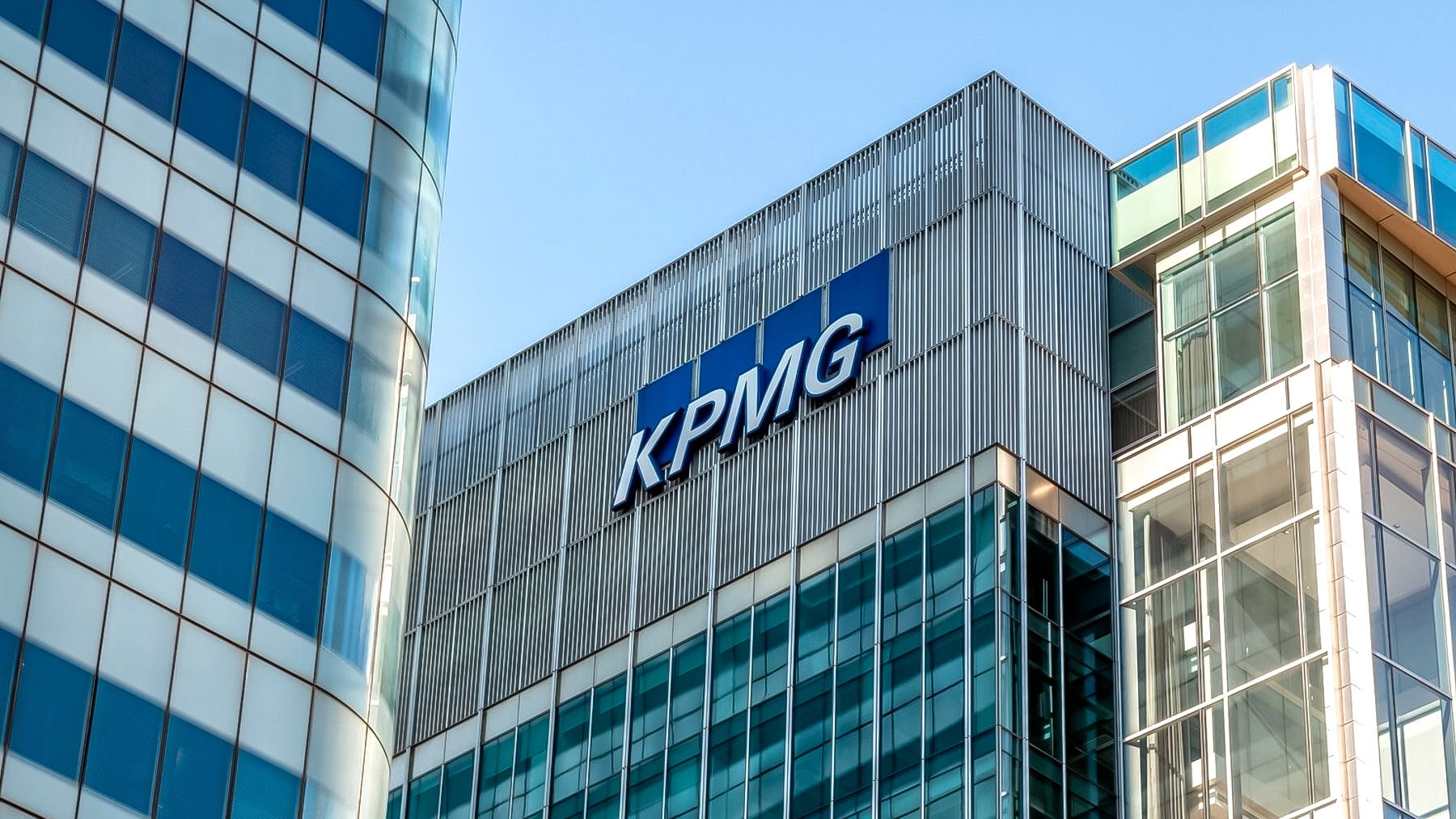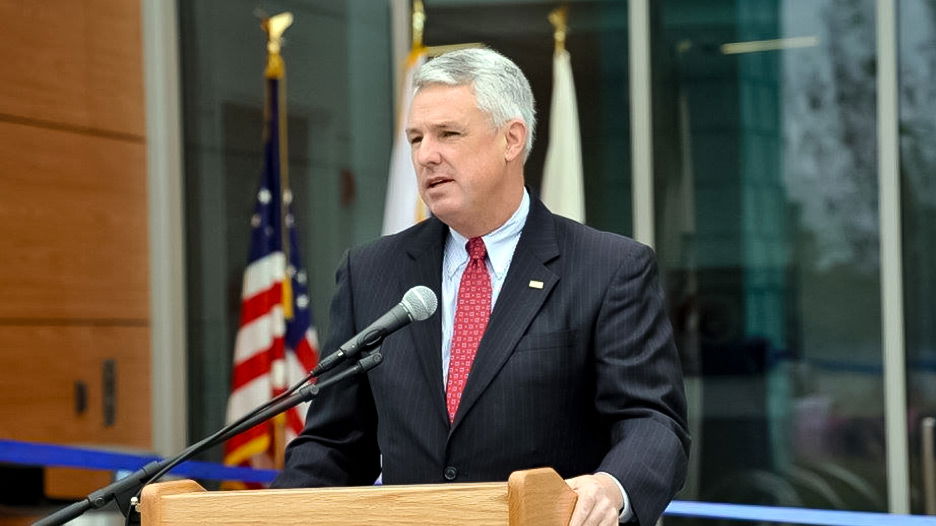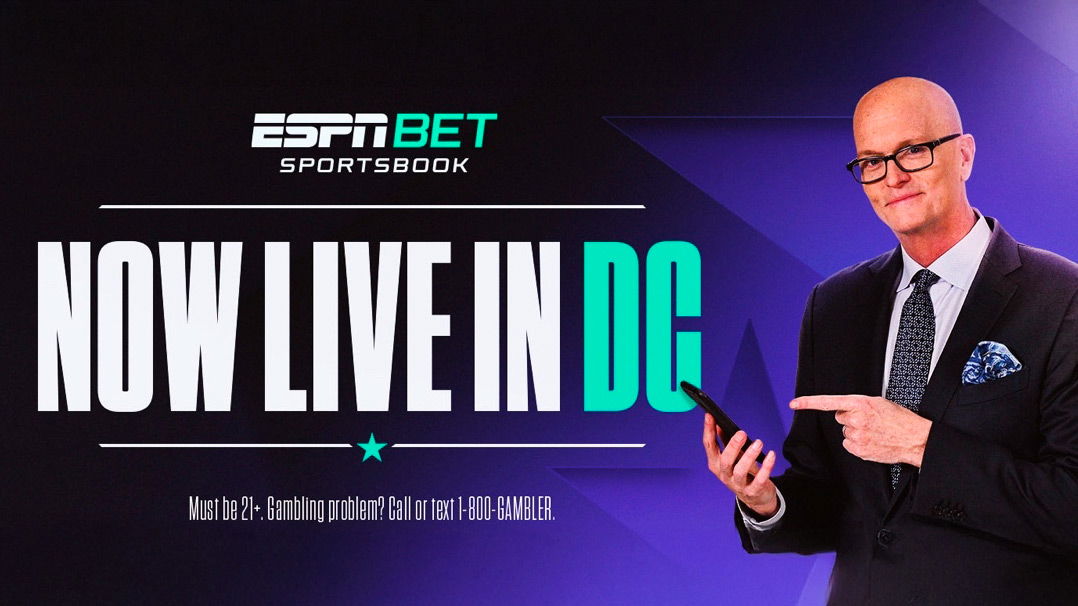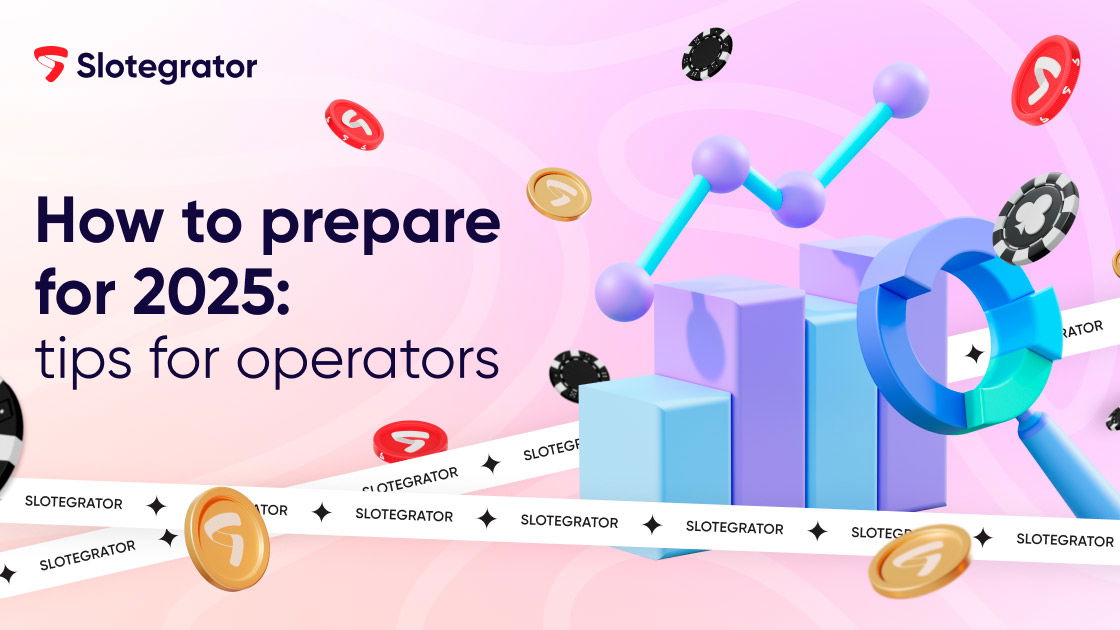Massachusetts regulator bans revenue-sharing deals between sportsbooks, affiliate marketers

The Massachusetts Gaming Commission (MGC) on Monday decided unanimously to forbid sports betting companies from crafting revenue-sharing agreements with affiliate marketers. Nevertheless, regulators did consent to allowing "cost per action" (CPA) partnerships, thereby permitting affiliates and operators to continue some deals already in place in the state.
While revenue share agreements allow affiliates to be paid a percentage of net revenue wagered by bettors directed to an operator by a site, cost-per-acquisition, or CPA, agreements allow affiliates to be paid when a bettor referred to an operator creates an account or makes a deposit.
Last month, the MGC granted a waiver allowing operators to partner with affiliates for revenue-share and CPA deals despite the commission having previously passed a regulation that banned such partnerships. Commissioners were concerned that such agreements would allow for excessive sportsbook advertising, but after operators and affiliates argued that the deals created a pathway for responsible gambling advertising and addressed limited audiences that wanted information about sports betting, the commission waived the ban through April 14.
According to testimony from sports betting affiliates before the commission in February, at least 90% of their revenue comes from CPA agreements that refer bettors to sportsbooks. Revenue sharing for most of those affiliates is 10% or less of their income.
The revised language approved unanimously on Monday by the commission is part of a permanent state regulation on sports betting advertising in the Commonwealth. The regulation, as revised and approved, has been sent to the Secretary of State for formal filing. The waiver language on CPA and revenue share agreements will stay in effect until April 14, when the new regulatory language will take place.
The language adopted by the MGC on Monday for permanent regulation reads: "No Sports Wagering Operator may enter into an agreement with a third party to conduct advertising, marketing, or branding on behalf of, or to the benefit of, the licensee, in exchange for a percentage of net sports wagering revenue earned from users that the third party directs or causes to be directed to the Operator."

Monday's ruling has opened up the opportunity for affiliates to collaborate with operators who offer a fixed rate every time a customer clicks through on a link to their platform. This type of CPA agreement is quite common across the country, and operators informed the MGC in February that approximately 30% of their sign-ups come from affiliate marketers.
Not all commissioners were initially in favor of keeping CPA agreements while proceeding with the revenue share ban. Commissioner Eileen O’Brien, who ended up voting in favor of the revision as approved, said early in Monday’s meeting that she wanted to keep the ban as written before the waiver. “My preference is still the original language,” she said.
Also in favor of keeping the original ban is the Massachusetts Attorney General’s Office (AGO), which provided written comments on proposed regulatory changes to the advertising regulation in 205 CMR 256. Patrick Moore Jr. with the AGO stated "the fact that certain third-party marketing vendors present themselves to the public as tip sheets, providing advice on prospective wagers” as a reason for retaining the original language.
The sports betting industry, however, provided written comments stating that keeping CPA agreements helps them compete with unregulated sportsbooks operating in Massachusetts. Unregulated sportsbooks do not ensure that winnings will be paid and do not pay taxes on adjusted revenue.
“By prohibiting revenue share and CPA, the likely results will be that those that have a true interest in being educated and placing a wager in the legal market will not be able to effectively do so as takes place in other regulated jurisdictions,” stated Jeff Ifrah with iDEA (iDevelopment and Economic Association), an advocacy organization for the online gaming and sports betting industry.
MGC Chair Cathy Judd-Stein
MGC Chair Cathy Judd-Stein pointed out that the regulation adopted today is stricter than in New Jersey, which does allow revenue share, although New Jersey requires enhanced licensure from vendors who engage in it.
The MGC also discussed what responsible gaming messaging should consist of in various types of advertising. It appeared to agree to limit the number of problem gambling helpline numbers required per advertisement to one, but it also wants operators to include the GameSense logo, a responsible gaming tool that educates consumers on time and spending limits and other ways to monitor their play.
In another vote, the commission decided to limit how operators will be allowed to market promotions. The vote came after discussions about whether television sports betting shows should be able to recommend specific bets or picks. Commissioners raised objections to tout-like recommendations, and they voted to prohibit operators and affiliates from discussing specific bets.
Instead, the commission said, operators and affiliates can offer general promotions for their companies or even suggest that a specific game is worthy of betting on, but they may not recommend making a specific bet.
Massachusetts becomes the fourth state to limit affiliate partnerships in some way. Illinois also does not allow revenue-sharing deals, while Connecticut does not allow CPA deals. New York’s regulatory agency approved a new rule in February prohibiting revenue-share agreements, subject to a 60-day public comment period before going into effect.


